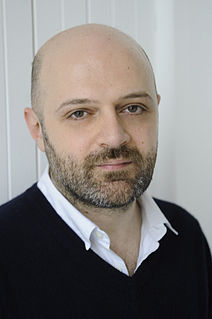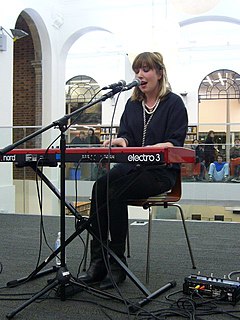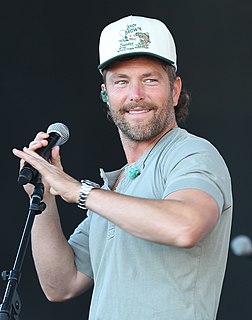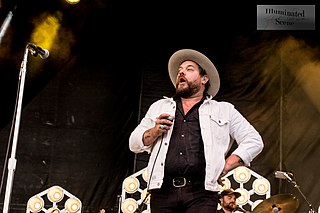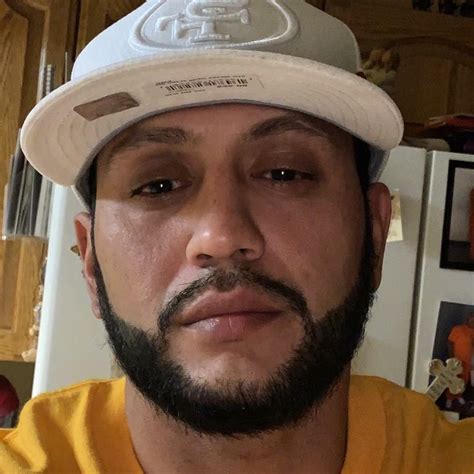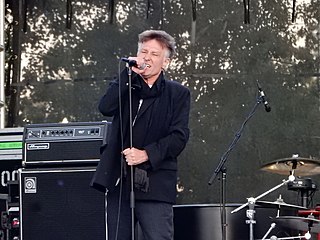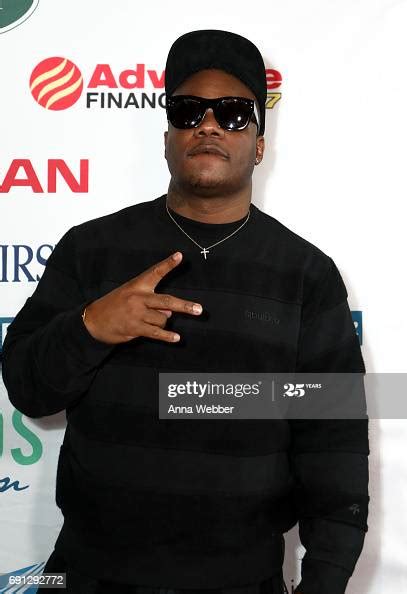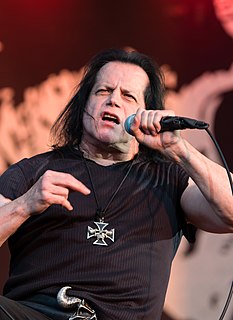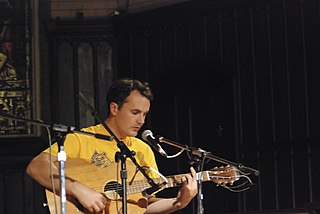A Quote by Jamie Lawson
I worked in a record store, but I realised I didn't want that. I still wanted to pursue a career - or a life - that my songs provided for me.
Related Quotes
I recorded a lot of songs that I knew I didn't like just because maybe part of me wanted to be nice, maybe part of me just wanted to be in the studio, but I've been learning that it's really important to do what you want to do. Even though I might not write all of it, I am still picking out the songs that I want to do. A lot of people who are writing for me are people I have worked with for a while so they know who I am and what I want. I have a lot of opinions and I have learned that it is absolutely okay to express them and to say, "No, I don't want this."
I wanted to try to make songs that worked as songs, not just as productions. People wanted me to do a solo acoustic session, they were like "Can you play song on the piano?" and I was like "Not really. It doesn't really work." I wanted to write songs that would work in a variation of instrumentation.
My father told me, "Don't do anything that would bring shame to the family." I was always mindful of that. When I told him I wanted to pursue a career as an actor, my father said, "Look at what you see on television at the movies, is that what you want to be doing? Do you want to make a life out of that?" And I said, "Daddy, I'm going to change it".
If you look at all the artists I've ever worked with, I'm still blessed enough to have one of the biggest singles of their career. My passion is for them and I put my everything into these songs. i get into their life and what their aesthetic is. That's what's missing from R&B. People don't take it serious enough.
If you wanted to pursue some kind of artistic pursuit and you had another career, then you would definitely fall back on it because it would take so long. I never believed I could do two things at once. The jobs I had were minimum wage jobs that you wouldn't want to pursue for too long, or that couldn't really take over your life.
The thought of building a life around minimal morality or minimal significance—a life defined by the question, “What is permissible?”—felt almost disgusting to me. I didn’t want a minimal life. I didn’t want to live on the outskirts of reality. I wanted to understand the main thing about life and pursue it.


